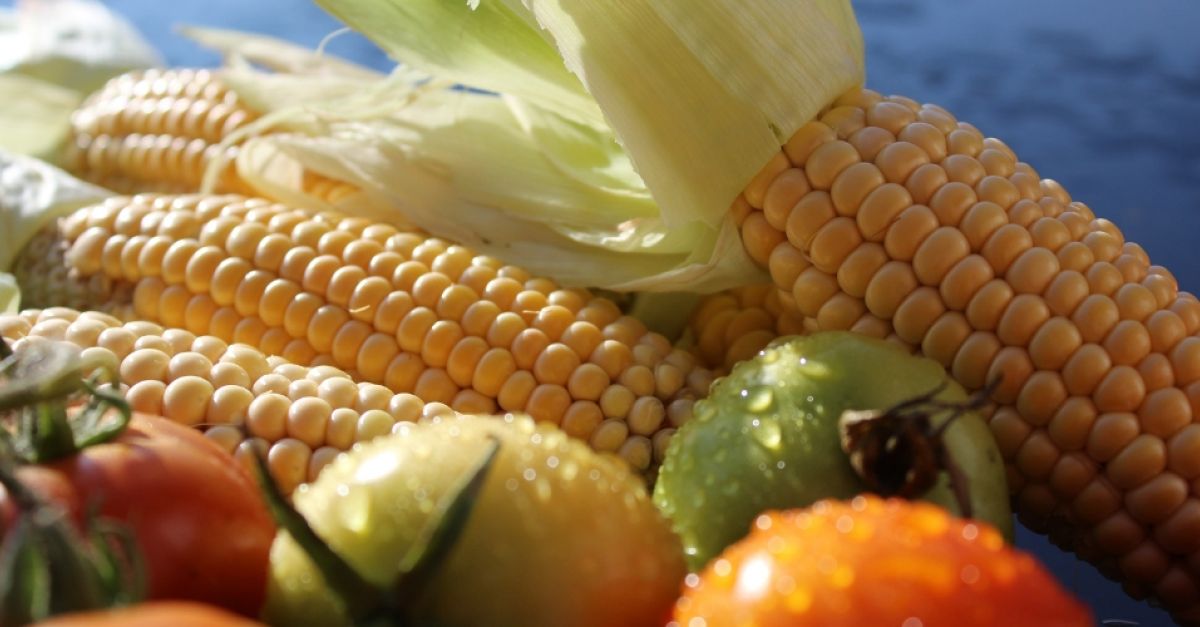
Commission launches the Farm2Fork Strategy
The European Commission launched its long-awaited Farm 2 Fork Strategy today.
The Farm to Fork Strategy is at the heart of the Green Deal. It addresses the challenges of sustainable food systems and recognises the links between healthy people, healthy societies and a healthy planet.
Water and agriculture are intrinsically linked. The intensive use of anthropogenic substances such as nitrates, pesticides and veterinary medicines, including their metabolites, is increasingly having a negative impact on the quality of drinking water resources.
With this in mind, EurEau welcomes the publication of the Farm to Fork (F2F) Strategy and fully supports its full value chain approach. The success of the strategy will largely depend on its full alignment with other components of the Green Deal, including its zero pollution ambition, climate change goals and circular economy strategy. The proposed legislative initiative for a framework for a sustainable food system could indeed lead to the much needed systemic change. To achieve this, it must incorporate the goals and requirements of the EU’s water legislation and in particular the Water Framework Directive and its daughter directives and the Nitrate Directive.
EurEau understands that farmers need support in this complex transition phase. The F2F Strategy rightly points out that the Common Agricultural Policy (CAP) is the best-adapted tool in this respect. To be successful, the conditionality requirements must be extended. No support should be given to farmers for practices which are in conflict with EU water legislation goals. The Farm Sustainability Tool for Nutrients could become a powerful tool provided it is well designed and its recommendations are effectively implemented. The eco-schemes must remain compulsory.
The EU has developed a solid legislative framework on pesticides which is, however, only partially delivering. The proposed revision of the Sustainable Use of Pesticides Directive is therefore welcome. In addition, pesticides or their metabolites which are hazardous to human health should not be authorised for use. The approval requirements must include the formation of possible hazardous transformation products in the drinking water treatment process. We are pleased to hear that the Commission’s proposed reduction goal for pesticide use is 50%.
The F2F Strategy fails to emphasise the impact of nutrient leakage on the quality of drinking water resources. Excessive nitrate levels in groundwater used for drinking water production cause hundreds of millions of euros of extra treatment costs to drinking water suppliers. This cost has to be borne by water consumers today. A general reduction goal of nutrient losses of 50% is a first step, but it must be remembered that groundwater pollution is a local or regional phenomenon. The full implementation of the Nitrates Directive should ensure that levels are respected in all regions across Europe. The Farm Sustainability Tool for Nutrients and the CAP conditionality provisions must ensure that the goals of the Nitrates Directive are fully complied with everywhere in Europe.
EurEau fully supports the Commission’s intention to reduce the excessive use of antimicrobials in animal healthcare, as those may be found back in drinking water resources. The Commission aims to reduce the sale of antimicrobials by 50%.
EurEau also believes that the strategy must not be limited to water quality, but also address water quantity. In light of the impacts of climate change and increasingly recurring drought, excessive water abstraction for irrigation purposes must be avoided, since it causes local problems to the security of the drinking water supply. Reclaimed water from waste water treatment can be used to irrigate agricultural land in the event of water shortages.
The water sector is ready to cooperate with farmers at all levels to progress in the transition process.
Read more: .
- Created on .